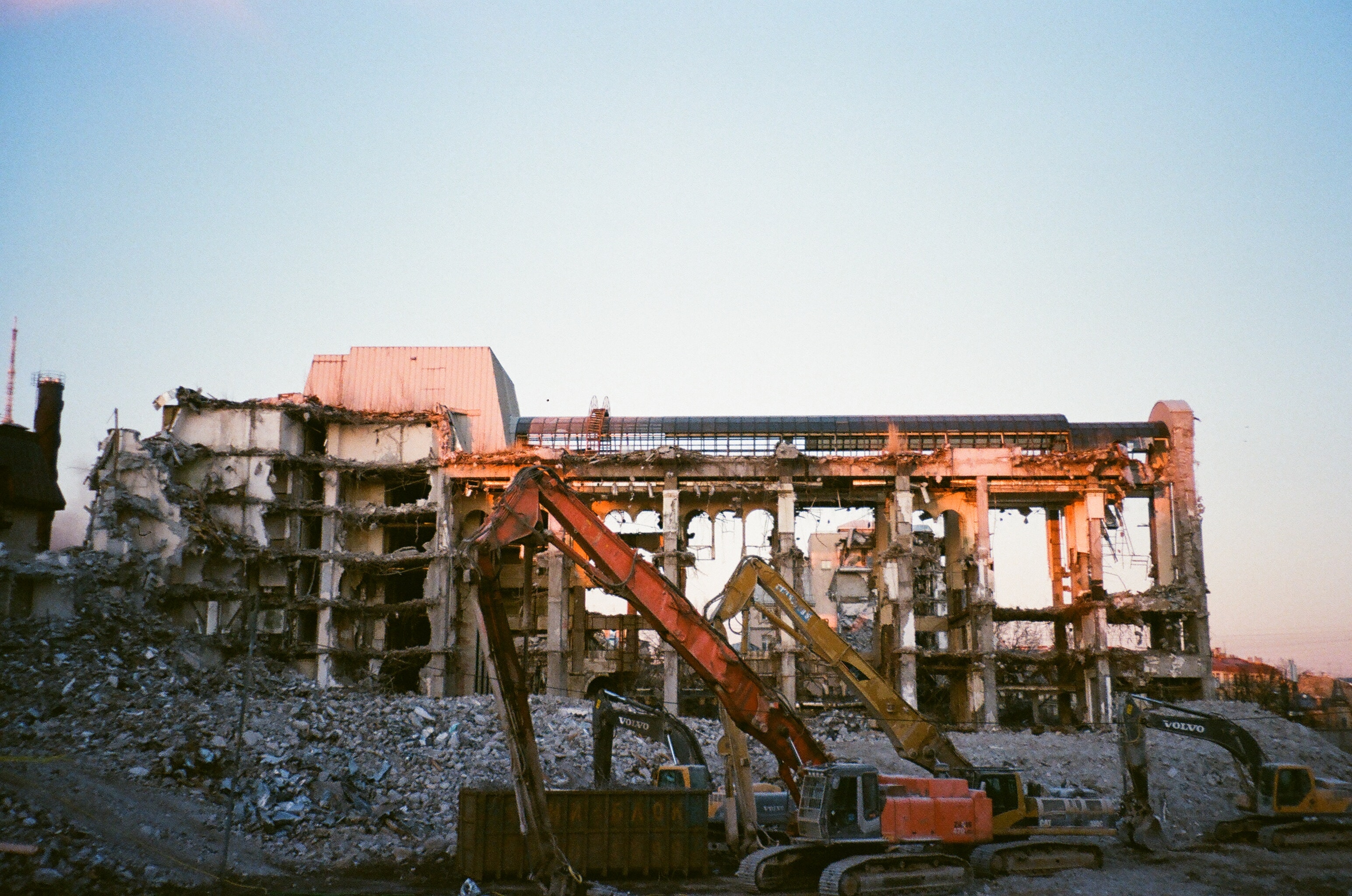It is undeniable that most of the human’s activities over the decades have increased environmental issues significantly. The world population increase every day as well as the consumption needs. The increase in consumption rate resulting in human use more energy and need more resources to support the living.
The construction and demolition industry are two primary sectors that are rapidly growing throughout the years. These sectors consumed a high amount of raw materials, mostly the non-renewable materials. The activities, including the decrease of natural resources, have led to the environmental crisis due to massive global changes. It is crucial to these sectors in reducing the use of non-renewable resources, pressing the consumption rate as low as possible.
Read here: 7 Things That You Can’t Recycled
Thus, it is our collective obligation to limit our material consumption made of non-renewable natural resources. We should do this as efficient as possible by recycling the qualified wastes. Waste management recycling is one essential key to conserve and save the non-renewable natural resources from the scarcity. Also, reducing the demolition waste is necessary to avoid it pile up in the landfill. We should start continually recycling the demolition waste to tackle the waste and environmental issues for a better future.
Demolition Waste Management Recycling
The construction activities have generated severe environmental issues, the pollution and wastes after demolition urgently need comprehensive management. Every demolition activity needs a clear and structured way to minimize the generated wastes. The waste management recycling plan should be a compulsory job for every demolition company. It is essential to achieve the same goal in managing the demolition recycling safely. There are various environmental and economic benefits of waste reduction and recycling. People can get cash from collecting and selling specific recyclable waste materials. Meanwhile, we can reduce the waste amount that goes to the landfill. The recycled demolition wastes can turn into new valuable products, such as:
Concrete
Bricks
Asphaltic concrete paving
Concrete reinforcing steel
Concrete masonry units
Structural and miscellaneous steel
Wood panelling
Roofing
Window
The Benefits of Demolition Recycling
- Saving Natural Resources
By recycling the wastes of demolition sites, we can reduce the use of new non-renewable resources to produce new materials. We can cut the quantity of newly made material and replace it with a recycled one. Most of the demolition wastes are recyclable and reusable, make it very efficient and profitable. Thus, recycling the demolition wastes can save non-renewable resources a lot.
- Conserves Landfill Space
Every ton of recycled demolition wastes results in less material piled up and buried in the landfill. Recycling can conserve the landfill effectively, also less area for landfilling means less cost as well.
Meanwhile, conserving the landfill associated with the dangerous gasses reduction produced by demolition debris piled in the landfill. Such as hydrogen sulfide that has proven harms human health. It is a highly toxic gas-producing extremely rapid CNS and causing respiratory depression and an irritant that may affect the skin and mucous membrane. For example, recycling scrap drywall from the demolition site may save our life. It can help in preventing the formation of hazardous gas.
- Energy Saving
Recycling demolition waste has proven to save more energy rather than producing a product with raw material. For instance, recycling aluminium may save around 95% of the energy used to manufacture it using raw material. Besides, aluminium can not dissolve easily with the land. So, it will raise another problem by disposing of it.
For that reason, we need to recycle aluminium waste. Which only need 5% of the total energy used to manufacture a new one from raw material. Because we use less energy, it means we can save more production cost.
- Reducing the Environmental Impact
The manufacture of recycled materials requires less energy in the production process. Recycling has a promising potential in the overall reduction of the net energy used. Besides, it will help to reduce greenhouse gas (GHG) emissions.
When less energy needed to process recycled demolition materials, means less fuel required in the production process. It is resulting in less carbon dioxide emitted to the atmosphere.
- Economic Benefit
The demolition recycling industries can create more employment and economic activities within the local community. The construction industry requires many recycling works where manpower needed to run the job. Thus, the demolition recycling industry may create more job opportunity that can support the local economy.
Conclusion
It is essential to ensure the sustainability of non-renewable resources to save our environment and the future. Recycling demolition waste is a sustainable waste solution to tackle the environmental issue and a key to reduce dangerous gasses produced in the landfill. You may contact Eco Resources, the demolition waste recycling company in Perth to get more informed insights.






